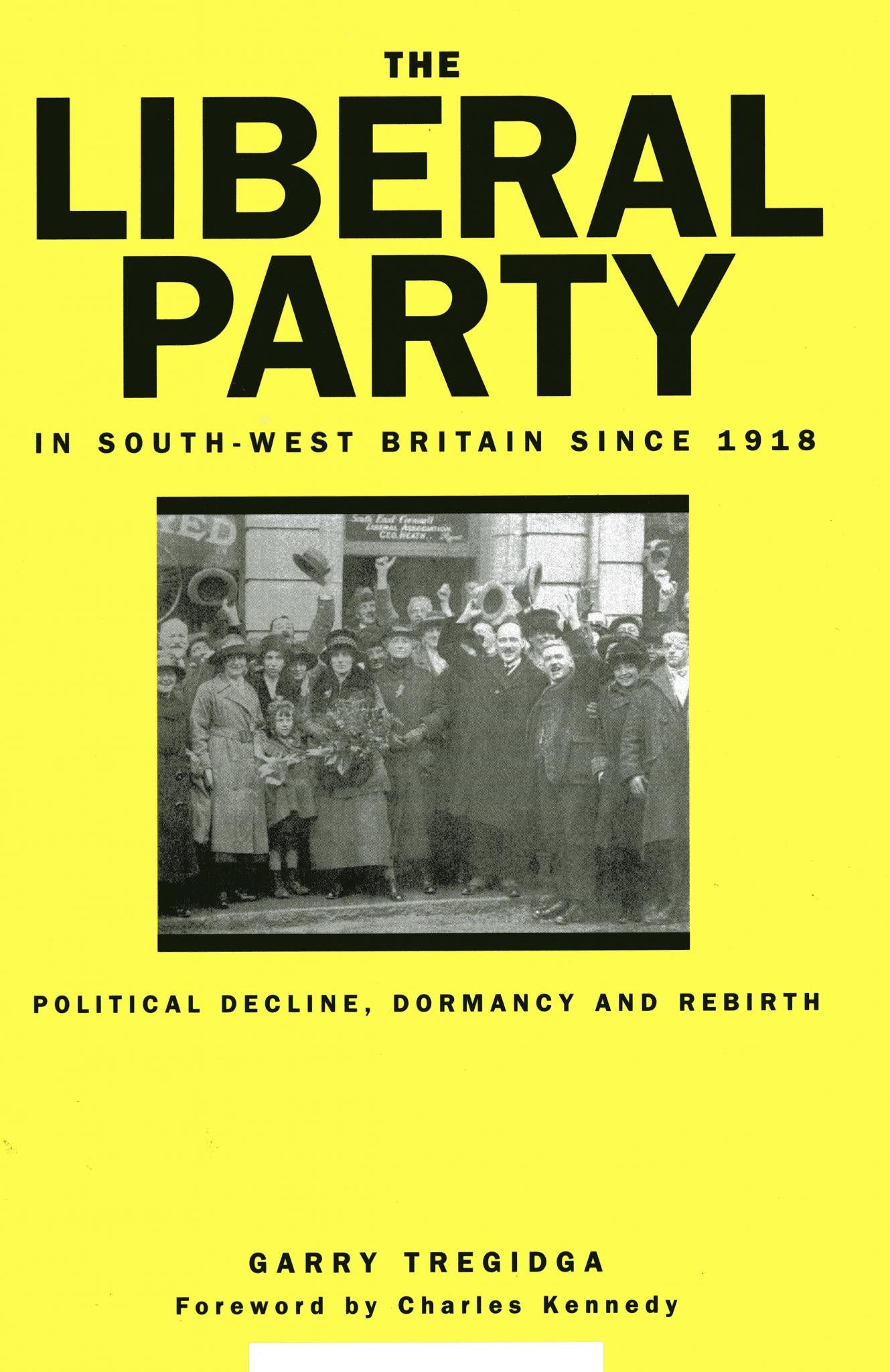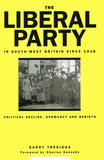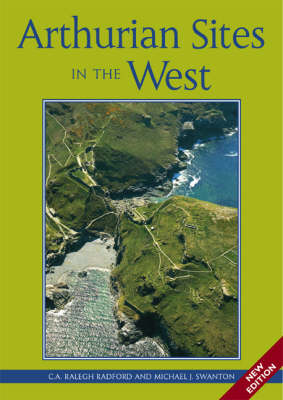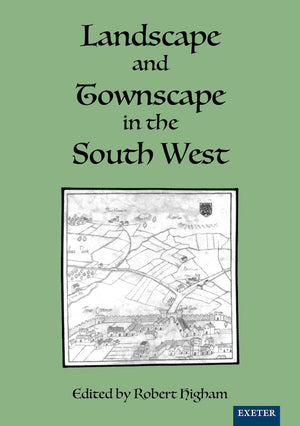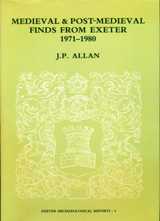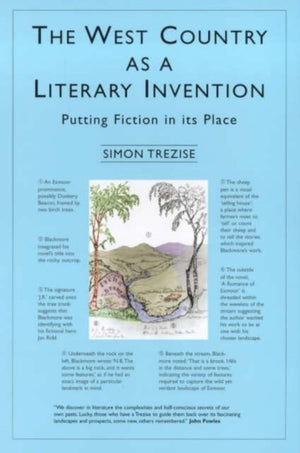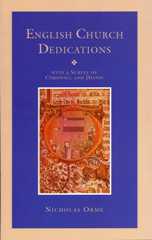University of Exeter Press
The Liberal Party In South-West Britain Since 1918
Political Decline, Dormancy and Rebirth
Couldn't load pickup availability
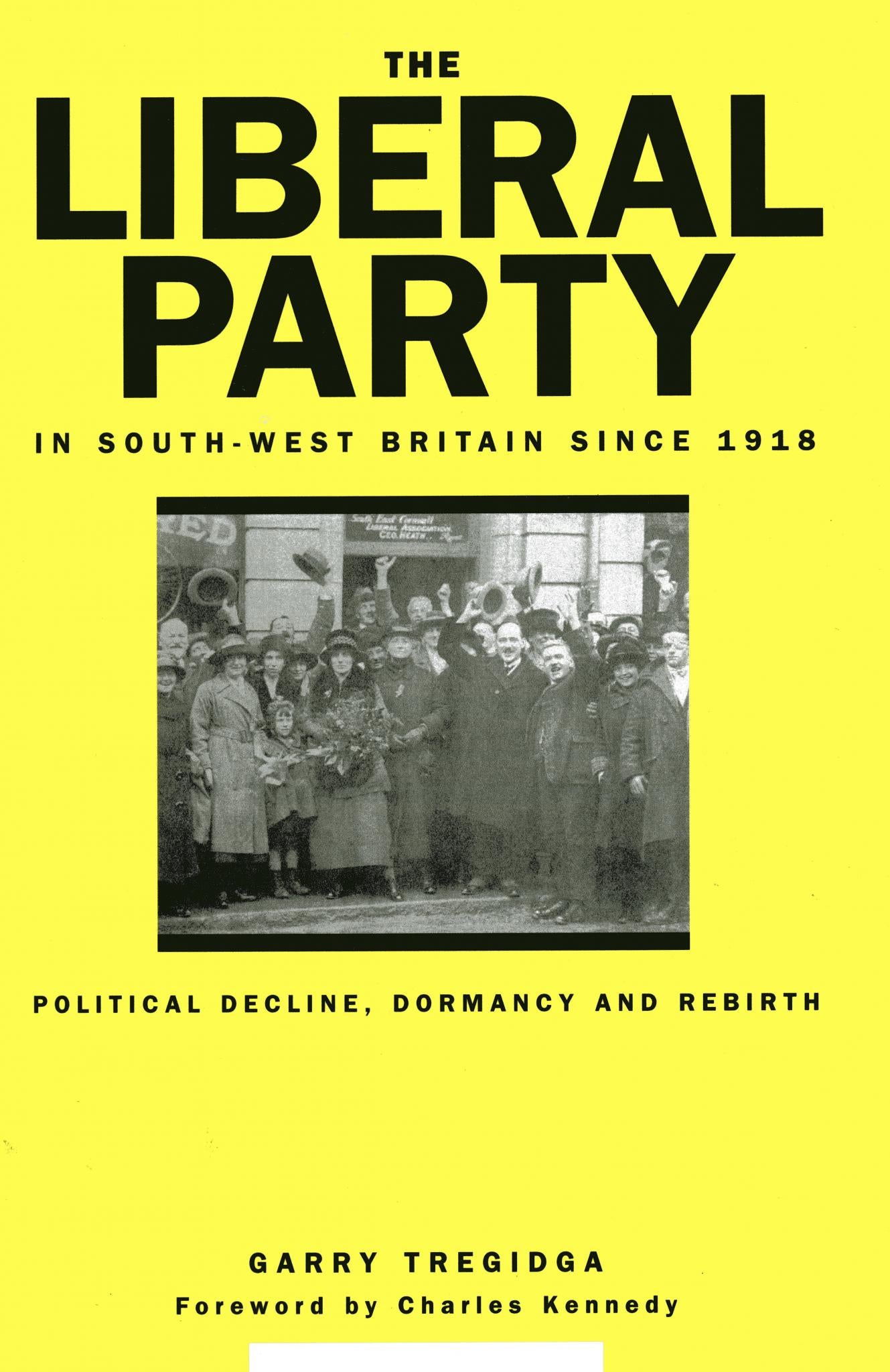
- 288 Pages
The decline of the Liberal party is one of the most controversial subjects in twentieth-century British politics, and this book makes a distinctive contribution to the debate by focusing on the South West, where Liberalism remained a powerful force after 1918. During the 1920s it was one of the few areas where the party survived as a major force. By the early 1950s, when the Liberals were fighting for their very existence, it was their early revival in the far west which provided morale and purpose. Victories in Cornwall and Devon after 1958 improved the party's credibility and effectively heralded the national Liberal revival. In recent years the regional Liberal Democrats have built on these historic foundations to emerge on equal terms with the Conservatives at Westminster and as the dominant party in local government.
By concentrating on one region, this book offers fresh insight into issues relating to the UK as a whole. It moves away from the conventional focus on urban Britain to the neglected world of rural and small-town politics, and explores differences within the South West itself, from Celtic Cornwall in the far west to modern 'Wessex' in the east.
A study of one of the key regions of Britain for the Liberal Party's survival and revival Raises important questions about the nature of regional politics Includes the significant 1997 election when the South West went against national trends
The decline of the Liberal party is one of the most controversial subjects in twentieth-century British politics, and this book makes a distinctive contribution to the debate by focusing on the South West, where Liberalism remained a powerful force after 1918.
"A thoughtful and persuasive account of a significant part of twentieth-century Liberal history." (Journal of Liberal Democratic History, Issue 29, Winter 2000) "Tregidga has identified several persistent themes in the survival of Liberalism and makes a good case for the peculiarities of politics in the South West." (English Historical Review, Sept 2001) “Meticulously researched, sourced and argued, like all the best political histories this is a road map of social change, local and national, through the fastest shifting century of them all . . . It is a book that needed to be written, and deserves to be read.” (Western Morning News, December 5, 2000) “A well-researched work, drawing on many sources, this book is, however, not a turgid tome. It is replete with interesting detail . . . a welcome contribution to the debate about the Liberal Party’s survival in the face of a sea change in British history.” (Tavistock Times, November 23, 2000) “this study convincingly shows how grassroots agents and issues can have a transformative effect on national politics.” (Albion, Spring 2002) “a fascinating and scholarly study, ably illuminated by pertinent quotations and sharing a good grasp of region and localities.” (Devon and Cornwall Notes and Queries, 2003)
Contents: Politics in the provinces; keeping the faith, 1918-1929; into the wilderness, 1929-1935; advance and retreat, 1936-1945; crusade for survival, 1945-1950; towards the Promised Land, 1951-1956; the dawn of victory, 1956-1959; past to present - 1997 in context. Appendix: parliamentary representation for the south west, 1918-1997.
- 288 Pages







